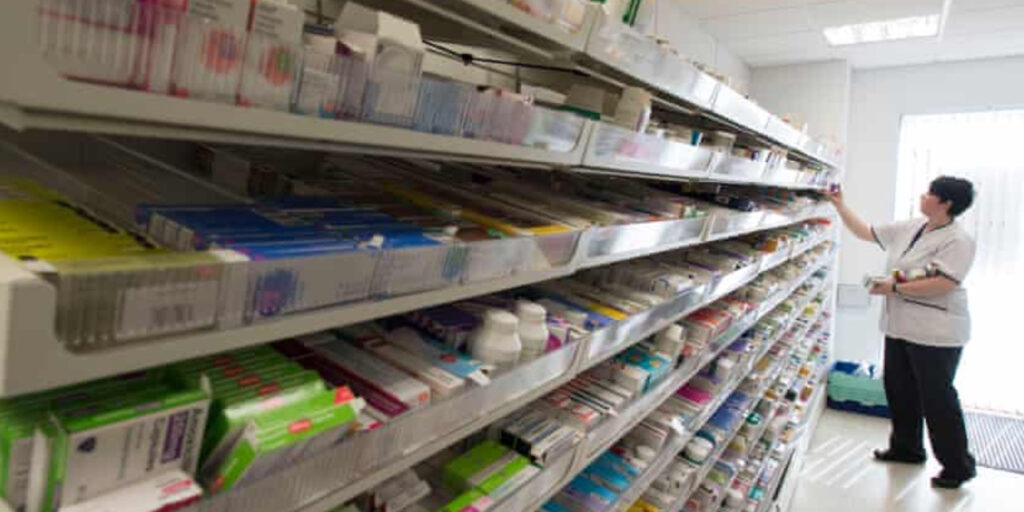Pharmacies across the UK are struggling to obtain essential medications for conditions such as epilepsy and cystic fibrosis, as drug supply disruptions reached 1,938 last year. This marks the highest figure since 2021, according to a new report by the Nuffield Trust health thinktank, based on figures obtained from the Department of Health and Social Care (DHSC) through freedom of information laws.
Brexit’s Impact on Medicine Supply
The report highlights that while global medicine shortages are increasing, the situation in the UK is “worsening” compared to other European countries. The Nuffield Trust attributes this, in part, to Brexit-related trade barriers that have significantly impacted the UK’s pharmaceutical supply chains.
Mark Dayan, policy analyst and Brexit programme lead at the thinktank, stated: “This wave of medicine shortages has already meant people struggle to find the drugs their doctors prescribed. It’s very worrying that it appears to be rolling on at full force into a third year.”
Staggering Drop in EU Medicine Imports
UN trade data shows that the UK has recorded the lowest increase in medicine imports among G7 countries since 2010. More worryingly, the total value of medicine imports into the UK has dropped nearly 20% since 2015—the year before the Brexit vote.
Data from HM Revenue and Customs further supports this decline, showing a marked reduction in medicine imports from the EU. Exports to the European Economic Area have also fallen by a third, worsening the country’s ability to access vital medications.
Pharmacists Facing Daily Supply Gaps
The National Pharmacy Association (NPA) recently warned of a “growing crisis in medicine supply,” with all 500 pharmacies surveyed reporting they are unable to dispense at least one prescription every day due to drug shortages.
“Pharmacies are at the sharp end of medicines shortages and frequently have to turn away distressed, frustrated and sometimes angry patients,” said NPA chair Nick Kaye.
Kaye urged the government to allow pharmacists to offer safe alternative medications when the prescribed drug is unavailable, stating: “It is particularly frustrating for pharmacists to be unable to meet a clear need when they have a perfectly safe and effective solution in their pharmacy already.”
UK at Risk of Being Left Behind
The EU is taking coordinated action to address shortages by boosting domestic production and sharing medical supplies among member states. In contrast, the UK risks further isolation as supply chains continue to evolve post-Brexit.
“Brexit does seem to have pushed us out of some European supply chains,” Dayan warned, highlighting the EU’s expanding pharmaceutical strategies which may exclude UK access in the future.
Government Response
In response to the report, a DHSC spokesperson said: “This government inherited ongoing global supply problems, but we have robust measures in place to mitigate disruption for patients. We are strengthening our domestic resilience further by investing up to £520m to manufacture more medicines, diagnostics, and medical technologies in the UK.”
The spokesperson also noted collaboration with the NHS and international partners to improve supply chain resilience and reduce regulatory burdens to support the life sciences sector.


